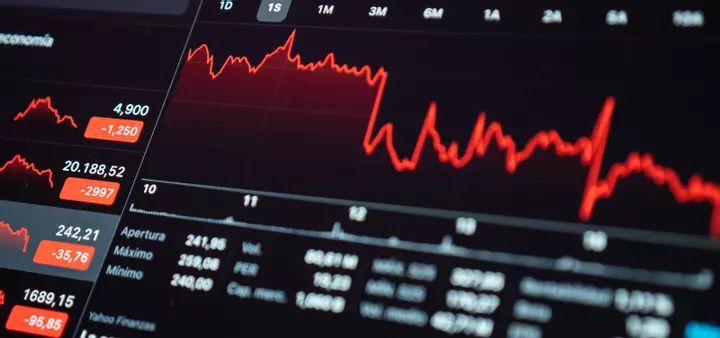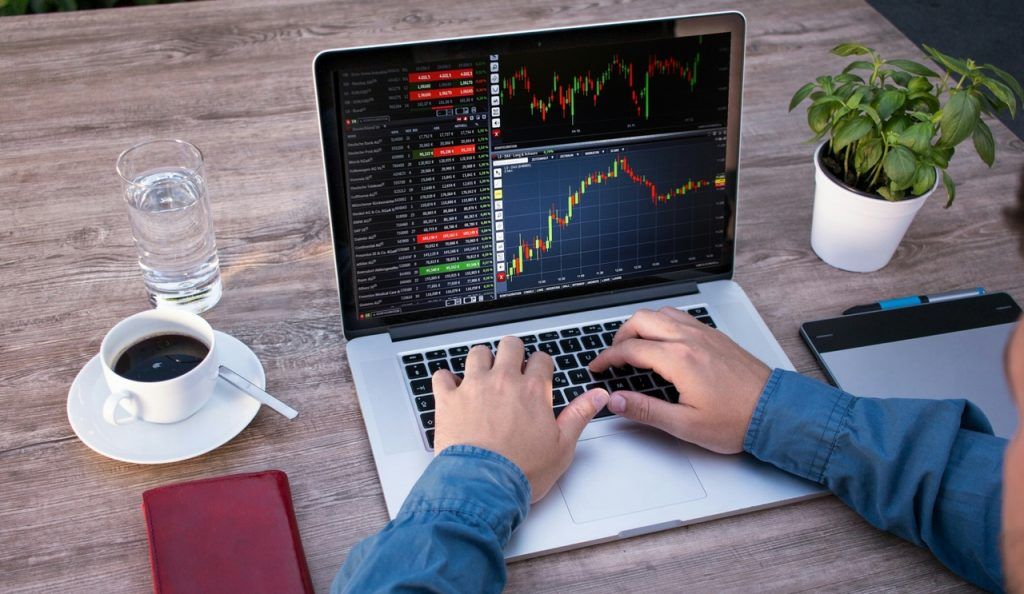Currency trading, also known as foreign exchange or forex trading, involves the buying and selling of currencies with the goal of generating profit. It operates on a decentralized global market where trillions of dollars are exchanged daily. In this environment, broker forex plays an indispensable role by connecting individual traders and institutional clients to the global currency markets.
Understanding the precise functions and responsibilities of a forex broker can help traders make informed decisions and manage their trading more effectively. This article explores what a forex broker does, how they operate, and why their role is a critical part of currency trading.
At its core, a forex broker acts as an intermediary between traders and the interbank currency market. The interbank market consists of a network of banks and financial institutions that exchange currencies with each other. Individual traders typically do not have direct access to this market due to high capital requirements and infrastructure limitations. Forex brokers bridge this gap.
When a trader wishes to buy or sell a currency pair, they do so through a trading platform provided by their broker. The broker then executes the order on behalf of the trader, either by offsetting it with another client’s trade or by sending it directly to the interbank market.

Key Responsibilities
The role of a forex broker extends well beyond order execution. Here are some of the primary services they provide:
1. Providing Access to Trading Platforms
Forex brokers offer electronic trading platforms that enable clients to analyze the market, place trades, and monitor positions. These platforms display real-time price quotes for various currency pairs and often include technical analysis tools and market news feeds.
2. Facilitating Market Execution
Brokers handle the execution of buy and sell orders. Depending on the broker’s model, this can be done through a dealing desk or via direct market access (DMA). Each model has its own advantages and implications for order execution speed and pricing transparency.
3. Offering Market Data and Research
Most brokers provide their clients with valuable market data, such as price charts, historical data, and economic calendars. This information helps traders analyze trends and make informed trading decisions.
4. Managing Account Services
Forex brokers maintain and manage client accounts. They handle deposits, withdrawals, and maintain detailed records of all trading activity. They also provide customer support to address technical issues and answer questions.
5. Implementing Risk Management Features
Modern trading platforms typically include tools that help traders manage risk, such as stop-loss and take-profit orders. Forex brokers integrate these features to help clients limit potential losses and lock in gains.
6. Providing Leverage
One distinguishing feature of forex trading is the use of leverage, which allows traders to control large positions with a relatively small amount of capital. Brokers provide this leverage, subject to regulatory limits, giving traders the ability to amplify both potential gains and potential losses.
Types of Forex Brokers

Forex brokers operate under various business models, each influencing how trades are executed and priced. Here are the most common types:
Market Makers: These brokers set their own bid and ask prices and may take the opposite side of a client’s trade. They provide liquidity and usually offer fixed spreads.
No Dealing Desk (NDD): NDD brokers provide direct access to the interbank market without a dealing desk. This model typically results in variable spreads and may offer faster execution.
Electronic Communication Network (ECN) Brokers: ECN brokers match client orders with those of other market participants, such as banks and hedge funds. This model offers greater transparency and usually tighter spreads.
Straight Through Processing (STP) Brokers: STP brokers send client orders directly to liquidity providers without manual intervention, facilitating efficient execution.
How Forex Brokers Generate Revenue

Understanding how brokers earn revenue helps traders evaluate their costs more clearly. Brokers typically generate income through the following mechanisms:
Spreads: The difference between the bid and ask price of a currency pair. This is the most common source of revenue.
Commissions: Some brokers charge a commission per trade, especially when offering very tight spreads.
Swap or Rollover Fees: These are fees or credits applied to positions held overnight, reflecting the difference in interest rates between the two currencies being traded.
Regulatory Considerations
A regulated broker operates under the oversight of a financial authority, which imposes rules to promote transparency and protect client funds. Regulations typically require brokers to maintain segregated client accounts, submit regular audits, and adhere to strict capital requirements.
Traders should carefully verify whether a broker is regulated in their jurisdiction before opening an account. This adds a layer of protection and increases trust in the broker’s operations.

Choosing the Right Broker
Selecting an appropriate forex broker is a significant decision that impacts a trader’s experience and outcomes. While the market offers many options, here are a few factors to consider:
Regulatory Status: Check whether the broker is licensed by a recognized financial authority.
Trading Costs: Compare spreads, commissions, and overnight fees.
Execution Quality: Evaluate the broker’s trade execution speed and reliability.
Platform Features: Assess the quality and usability of the trading platform.
Customer Support: Consider the availability and responsiveness of support services.
Account Types and Minimum Deposits: Different brokers offer varying account options suited to different experience levels and capital requirements.
For those seeking local options, many traders in Southeast Asia frequently search terms like daftar broker forex or broker forex terbaik Malaysia to find brokers that meet their specific needs.

Conclusion
A forex broker plays a central role in enabling access to the currency markets. By providing trading platforms, executing trades, offering market data, and facilitating risk management, brokers make it possible for individual traders to participate in global forex trading.
Choosing the right broker involves more than simply comparing trading costs. Factors such as regulatory status, execution quality, and customer support also warrant careful attention. A well-informed choice can contribute to a more stable and efficient trading experience.
As currency markets continue to evolve, so too does the role of the broker. Traders who understand the functions and responsibilities of their broker are better equipped to make informed decisions and pursue their trading objectives with confidence.

Founder Dinis Guarda
IntelligentHQ Your New Business Network.
IntelligentHQ is a Business network and an expert source for finance, capital markets and intelligence for thousands of global business professionals, startups, and companies.
We exist at the point of intersection between technology, social media, finance and innovation.
IntelligentHQ leverages innovation and scale of social digital technology, analytics, news, and distribution to create an unparalleled, full digital medium and social business networks spectrum.
IntelligentHQ is working hard, to become a trusted, and indispensable source of business news and analytics, within financial services and its associated supply chains and ecosystems









